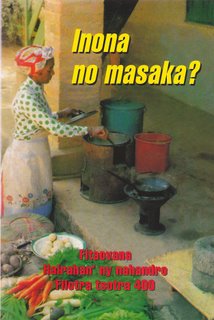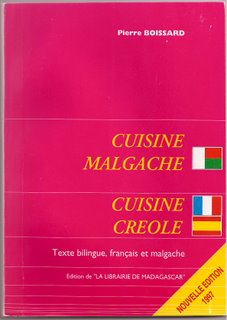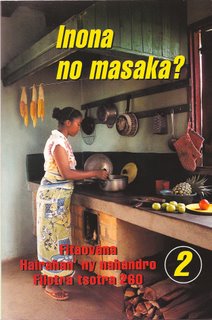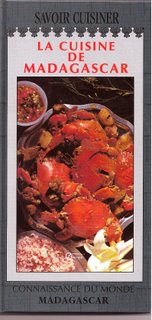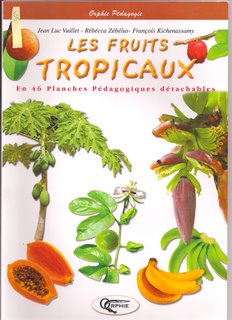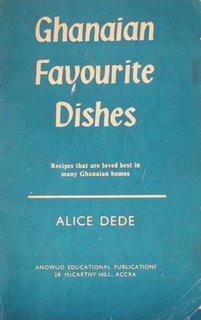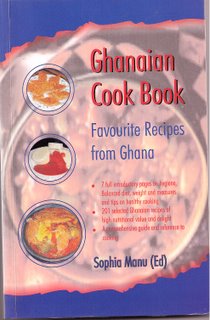They say it's impossible. Is it? I'd like to see.
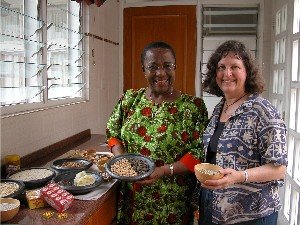 Today's blog posting is more personal than usual. I need some advice.
Today's blog posting is more personal than usual. I need some advice.I've spent almost 40 years preparing to write a certain book. Along the way I've written other books, and parts of books, but not the one of my dreams--the book to cause Americans to fall in love with one African cuisine: Ghana's. Over the years, every time I've approached editors and agents I've gotten similar responses: "Regrettably, after discussing this carefully and considering potential publishers, we feel that the topic is narrow
and will likely be met with reluctance by publishers." "I don't know where I could place this book." "There is, unfortunately, no market for single-country African cookbooks." "African cookbooks traditionally do not sell well."
With the recent decline of cookbook publishing, even an editor at Hippocrene, a press noted for its regional African cookbook series, had this to say "In this current economic climate, we have just not been able to take on all the projects that we would like. Since our cookbooks are the most expensive to produce and more of a risk in terms of marketability/sales, we have slowed down cookbook acquisitions considerably this year. . . if you are still looking in a year or so, please touch base . . . "
I've been thinking a lot recently, and decided that this negativity is unacceptable. My blog audience and presentations before culinary groups convince me that there are many people out there who ARE interested in more in-depth coverage of the cooking of a specific African country (e.g., Ghana). And the time is NOW to get the cookbook Barbara Baeta have collaborated on since 2002 in print. I'm thinking that I'll turn to you, my blog family, to help with the recipe testing. I'd like to post a recipe a day (gulp--what do you think? is that realistic? there are about 200 recipes) from the cookbook (there are lots of possible titles you can advise me on, too, from The Good Soup Comes From the Good Earth: Regional Cooking of Ghana
to Fran Cooks With Flair: Essentials from Barbara Baeta's West African Kitchen to
Cooking of Ghana: Akara to Tuo Zaafe.)
My children recently encouraged me to read some of Chris Guillebeau's writing (including his free pdf's for "279 Days to Overnight Success" and "A Brief Guide to World Domination," both available at the link above. As I stare age 60 in the face this month, in the back of my mind is the memory of Susan Boyle's brave "I'm going to make that audience rock." Ms. Boyle and Chris are my examples. What do you all think? Would you be ready to support me, test my recipes, give me feedback, and help me live my "impossible" dream? To finish this book, publisher or no, by the end of this year? And to get it into print.
Labels: African cookbooks, Chris Guillebeau, Ghana cookbook, susan Boyle
